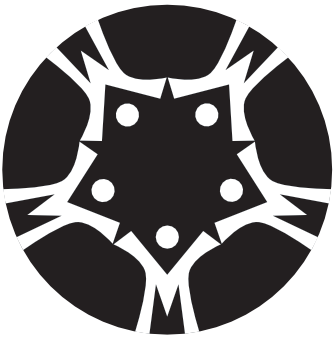Race, Money, and Politics: Connecting the Dots
Race-based bigotry and violence has been a festering wound now exposed to the light of day by a series of deaths resulting from police action against people of color. One may understandably wonder, did the civil rights movement of the ’50s and ’60s really change anything? That movement put critically important laws on the books that improved things a great deal. Yet, those laws have been chipped away and subverted over time. This pervasive backsliding is located just beneath the surface of the outrage many feel about recent events. The deeply rooted fear, guilt, resentment, and bigotry in the racial dynamics in this country remain unchanged in many quarters of society.
Well known is the fact that legislation cannot alter the human heart. Apartheid attitudes persist. Systems remain firmly in place that reinforce divisions along racial lines. We never figured out how to fix that. We had hope that things were on the right track when we were told by demographers the younger generation now coming into its own was far more open than their parents and grandparents to an inclusive world unencumbered by old racial stereotypes and less xenophobic on issues of immigration. But this recent series of events suggest we have still a long way to go.
Zooming out to get a broader view of what is happening to us in this country presents a troubling picture for many: Law enforcement has been militarized with surplus war material. The Prison/Industrial Complex has incarcerated a greater number of people than any other developed nation in the world, most of them people of color. Voter suppression by design has disenfranchised hundreds of thousands of people on the pretext of voter fraud. Unequal access to education and the re-segregation of schools has effectively widened the divide between the “haves and have-nots” and weakened our talent pool. Many young people graduate college with crushing debt and cannot find meaningful employment, leaving them indebted to the company store. Growing economic disparity threatens a robust middle class. Corporations now enjoy the privileges of personhood. For reasons of “homeland security,” it is illegal to blow the whistle on governmental agencies when they infringe on human rights or step outside the bounds of Constitutional guarantees, yet legal to spy on our own citizens. As a nation we have surrendered the moral high ground through policies of torture and denial of due process. Finally, we have a government so polarized and self-serving as to appear to have abandoned its duty to serve the best interests of its people. And reported in the news is that the Koch Brothers intend to spend 900 million in the upcoming national campaign in support of their political agenda and they are not alone.
While I’m not so paranoid as to think that there are a few powerful people in a back room somewhere orchestrating all of this, I am not so naïve to think that there isn’t the convergence of self-interested forces at work driving a stake into the heart of democracy and driving us further apart from each other.
The browner this country gets, the more fearful it seems to become, the more we seem to draw back from each other. In 2040, demographers say, we will be a nation with no ethnic majority. White people will no longer be the dominant group and will need to learn new behaviors and attitudes that share power and level the playing field. Loosening their grip on privilege won’t be easy especially when many whites do not feel privileged in any way.
On December 13th, I gathered and marched in New York City with 50,000 others who expressed their dismay and anger that black citizens, particularly black men and boys are an endangered demographic in this country. While disheartened by recent events, I was encouraged that the vast majority of marchers were young people questioning a system that lacks equal justice under the law. But I wonder if this is all they were demonstrating about. These young people know there are interrelated issues tied together in a system they feel is oppressive. When they connect the dots they wonder about their future and the future of the country and they are wondering out loud.
We have been given an opportunity now. We can choose to engage in a serious conversation about who we as a people want to be. We can choose to reinvigorate the dream articulated by Martin Luther King Jr. nearly 50 years ago. We can choose to stand in for economic justice and racial reconciliation. Or we can choose to yield to the status quo. What do you want to do?
